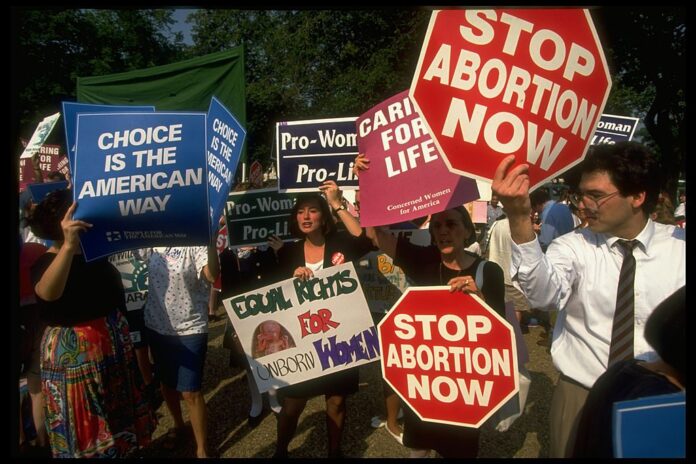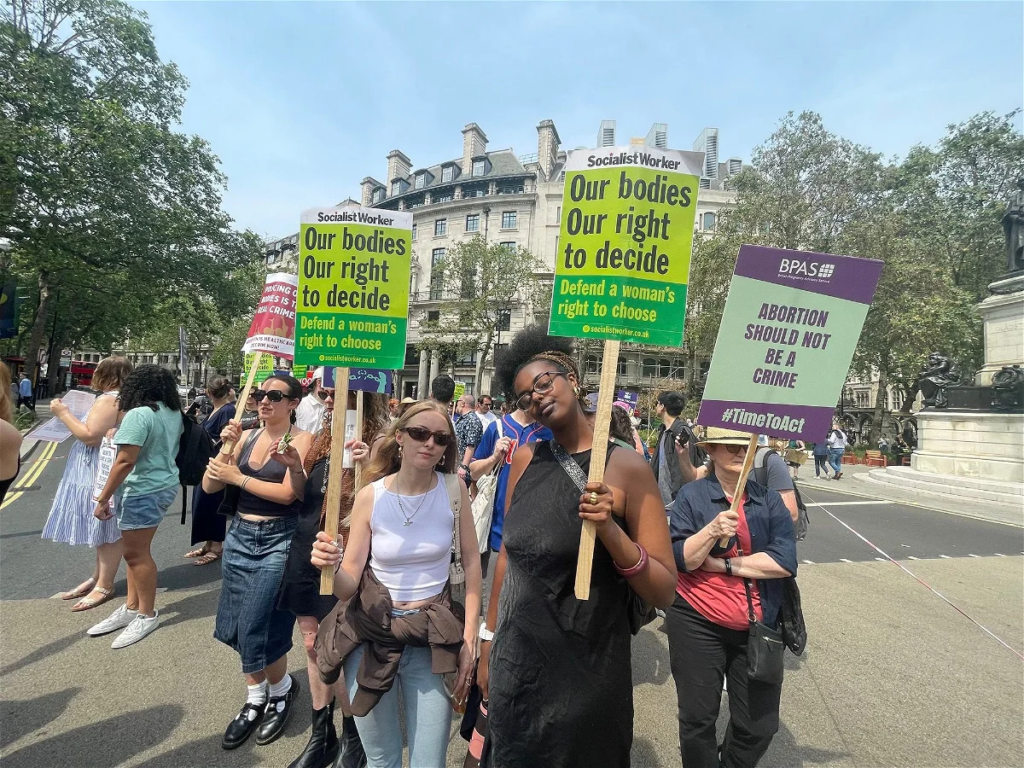
Calls for the repeal of archaic abortion laws in the United Kingdom have intensified as protesters demand reformed legislation to grant women in England and Wales greater autonomy over their reproductive choices. Recent high-profile cases and restrictive legislation have sparked outrage and renewed the push for comprehensive reform.
Decriminalization of Abortion
Currently, abortion is legal in the UK up to the first 24 weeks of pregnancy. However, beyond this threshold, women found to have administered drugs to terminate a pregnancy can face severe penalties, including prison sentences. Critics argue that such laws, dating back to the Victorian era, are outdated and do not reflect the evolving attitudes towards reproductive rights.
The Stoke-on-Trent Case
A recent case involving a British woman who used medication to terminate her pregnancy beyond the legally allowed limit has drawn significant attention to the harsh penalties imposed under the Offences Against the Person Act of 1861. The woman, a mother of three, was sentenced to 28 months in prison, prompting widespread calls for an overhaul of the country’s reproductive justice laws.
Growing Protest Movement:
Protesters have taken to the streets in central London, demanding an end to the criminalization of abortion and advocating for women’s right to choose. The demonstrations, characterized by signs and chants emphasizing bodily autonomy, highlight the urgent need for legislative changes to ensure reproductive health services are accessible and free from legal ramifications.
Concerns over Restrictive Legislation
Campaigners argue that the UK’s abortion laws are excessively restrictive compared to other countries that have decriminalized the procedure. The recent conviction has exposed the severe consequences women face under these laws, raising concerns about the impact on reproductive healthcare and the criminalization of individuals seeking abortions.
Racial Disparities and Maternal Health
Restrictive abortion laws disproportionately affect marginalized communities, exacerbating existing racial and economic inequalities. Studies have shown that women of color, particularly Black women, are more likely to face adverse maternal health outcomes due to structural racism and implicit bias within healthcare systems. Reforms to abortion laws are seen as a crucial step towards addressing these disparities.
Calls for Decriminalization
Advocacy groups, including the British Pregnancy Advisory Service (BPAS), are pushing for the extension of the legislation that removed the criminalization of abortion in Northern Ireland to the rest of the UK. They argue that the removal of criminal penalties will enable individuals to access abortion care earlier, ensuring safer and more timely procedures.
Political Landscape and Public Support
The voting records of British lawmakers indicate a growing recognition of the need for change in abortion laws. Recent legislation establishing abortion buffer zones and expanding access to abortion pills by post demonstrate a shift towards more progressive policies. Public sentiment is also evolving, with increased awareness of the adverse impacts of current laws and a growing readiness to advocate for reform.
As the movement to repeal outdated abortion laws gains momentum in the UK, campaigners emphasize the urgent need for decriminalization and comprehensive reform. They argue that the existing laws fail to protect women’s reproductive rights, perpetuate inequalities, and hinder access to safe and timely healthcare. It is hoped that legislative changes will reflect the evolving societal attitudes and prioritize the well-being and autonomy of individuals seeking abortion services.





